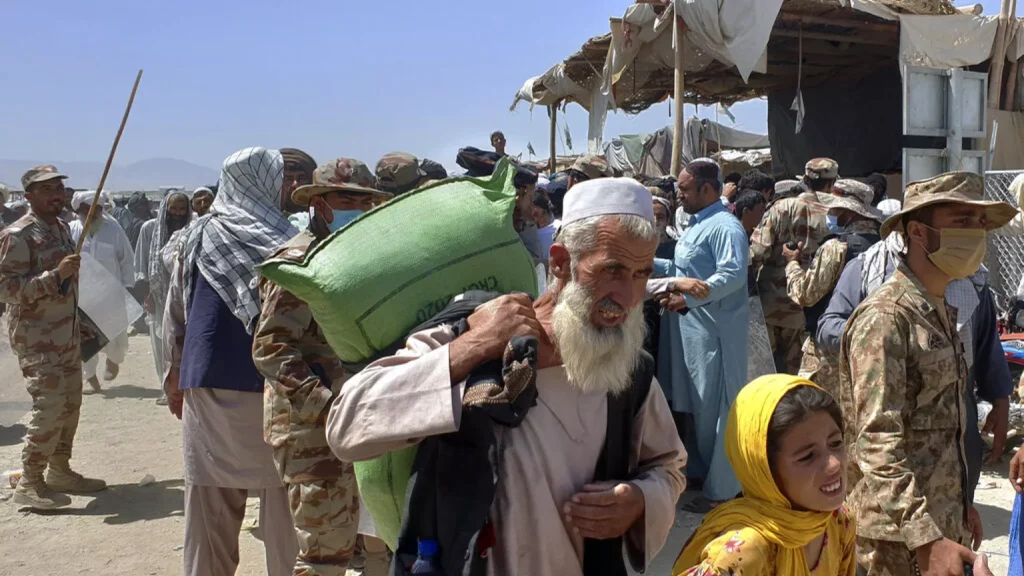Kabul [Afghanistan], July 2
From the beginning of 2025 until the end of June, more than 714,000 Afghan migrants have returned from Iran, with 70% forcibly deported, raising serious concerns among the United Nations and human rights groups, TOLO News reported.
Sadeq, a 36-year-old who lived in Iran for nearly 30 years, was among those deported despite having legal residency. “We had residency, had obtained smart cards. They gave me fifteen days and said you must leave Iran. We left Iran. We were deported and came to Afghanistan. Our house money remained there,” he said.
Abdulmalek, also deported, added, “The insult that Afghans face in Iran doesn’t happen in any other country. In Germany or other countries, if you live more than four years or if a child is born there, they become a resident and citizen. But I, who was in Iran for thirty years, have no documents to prove my work, not even a SIM card in my name.”
According to the International Organization for Migration (IOM), between January 1 and June 29, 2025, more than 714,572 Afghan migrants returned from Iran. Of these, 99% were undocumented, and 70% were forcibly returned. The IOM warned of a troubling increase in families being deported, shifting the pattern from earlier months when most returnees were single young men. Over 256,000 people reportedly entered Afghanistan in June alone, TOLO News stated.
UN Women also reported that over the past 21 months, 48% of returning Afghan migrants from Pakistan were women and girls, and in the last 24 days, 30% of women and girls came back from Iran.
Human rights organizations have issued strong statements against the deportations. Zaman Soltani, a regional researcher at Amnesty International, said, “We have been urging Pakistan and Iran to immediately stop and halt all forced deportation of Afghan refugees. More than half of the country’s population are in need of humanitarian assistance. Women and girls, nearly half of the populations are denied from their most basic and fundamental rights. Those critical of the Taliban, including members of the former government, can and could face arbitrary arrest.”
Fereshta Abbasi from Human Rights Watch echoed this concern: “Human Rights Watch is deeply concerned about the deportations of Afghan refugees from Pakistan. These individuals are being deported back to a country that is suffering one of the worst humanitarian and human rights crises in the world. More than half of Afghanistan’s population will face food insecurity by the end of this year.”
As TOLO News noted, Mohammad Khan Mohammadzai, a migrant rights activist, called for urgent international action: “The international organizations and the United Nations must take practical action in this regard, otherwise if fundamental measures are not taken, the wave of returning migrants will cause a humanitarian catastrophe in Afghanistan.”
UN Secretary-General’s spokesperson Stephane Dujarric also warned, citing the UNHCR, that the rising number of returns is making the situation in Afghanistan “increasingly unsustainable.” He said, “We continue to stress that the returns of refugees must be safe and must be voluntary and it must be dignified.”
(ANI)
(This content is sourced from a syndicated feed and is published as received. The Tribune assumes no responsibility or liability for its accuracy, completeness, or content.)













